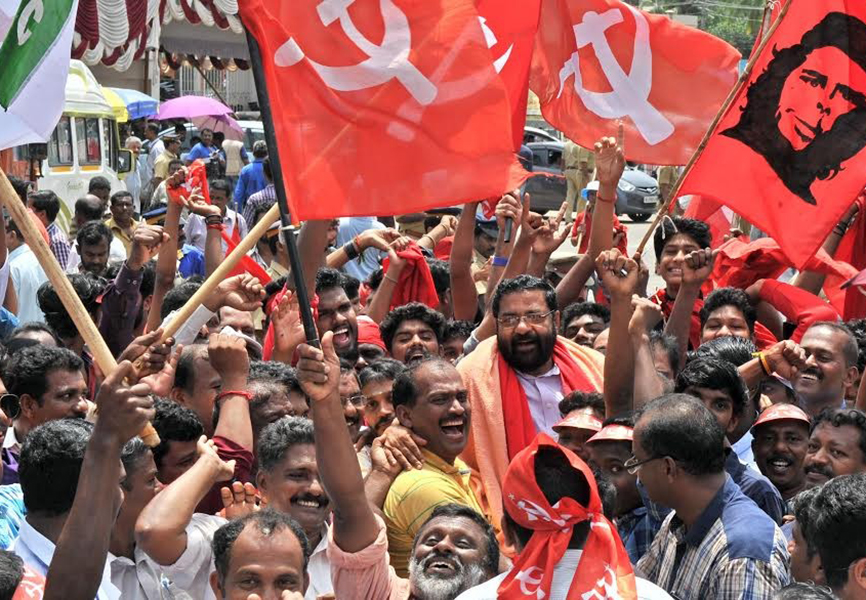While India was technically part of the non-aligned movement, the Soviet Union was for decades a source of military, diplomatic, and economic support for Delhi.
Moscow had backed India in the UN and pledged to defend it in the event of clashes with China, the US, or its neighbors. Washington's close ties with Pakistan, of course, helped drive India further towards Moscow.
The Soviet collapse hit India hard in four ways, all of which continue to resound today.
First, although India's 1991 balance of payments crisis and initial economic liberalization came a few months before the USSR formally collapsed, the sudden absence of subsidized Soviet weapons and barter trade made things worse, accelerating India's substantial economic reforms of the early 1990s.
Second, the Soviet collapse posed fresh geopolitical challenges. Without Soviet support, the Communist government in Afghanistan collapsed in 1992, sparking a brutal civil war that opened the way for Taliban extremists with ties to the Pakistani security services to take control of much of the country. Afghanistan continues to be a regional flashpoint with Pakistan and a base for terrorist attacks against Indian targets and interests.
Third, the USSR's collapse shook Indians' support for socialism. The economic philosophy at the core of many Indian parties drifted away from a discredited ideology. India's traditionally leftist parties have now come to largely embrace economic liberalization, while support for India's communist parties has faded.
The USSR's collapse shook Indians' support for socialism.
Lastly, the breakup of a multinational empire like the USSR opened questions about India's own viability as a multinational state. Separatist movements in Punjab, Kashmir, and the North East all took inspiration from the nationalist forces that had helped to speed the Soviet demise.
The Soviet collapse also had a cultural impact in India. Escapist Bollywood films about the struggles of the virtuous poor against the unscrupulous rich were popular in the Soviet Union in the 1950s and 60s, but Indian cinema progressively fell out of favor as both Indians and Soviet citizens increasingly looked toward the west during the 1980s. The socialist-tinged themes of social justice that once animated Bollywood films have long since given way to a more pedestrian focus on conspicuous consumption.

